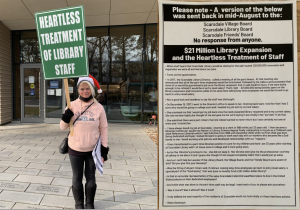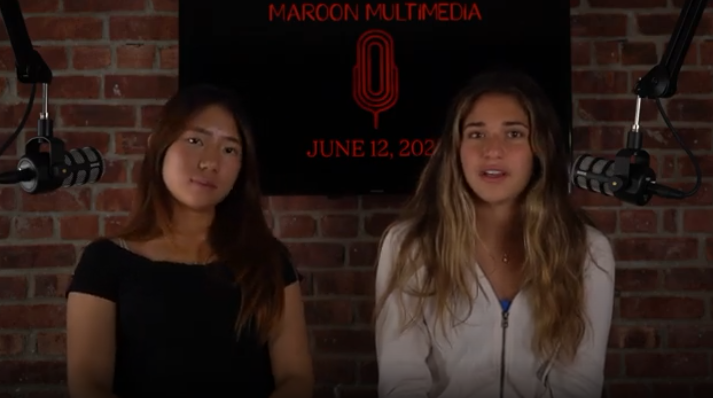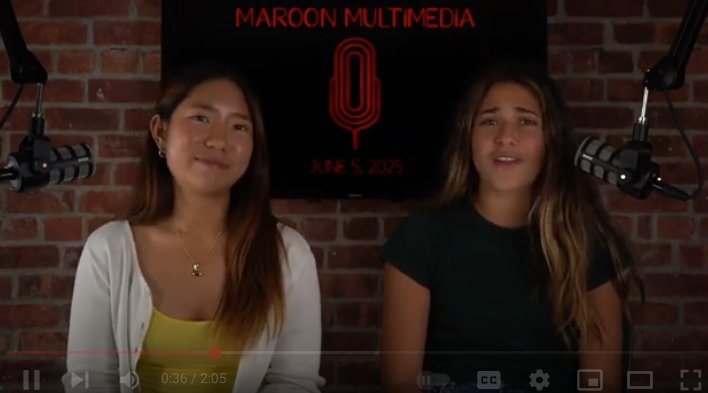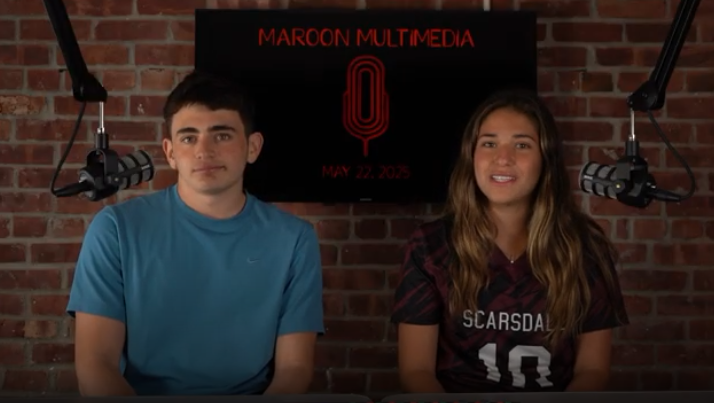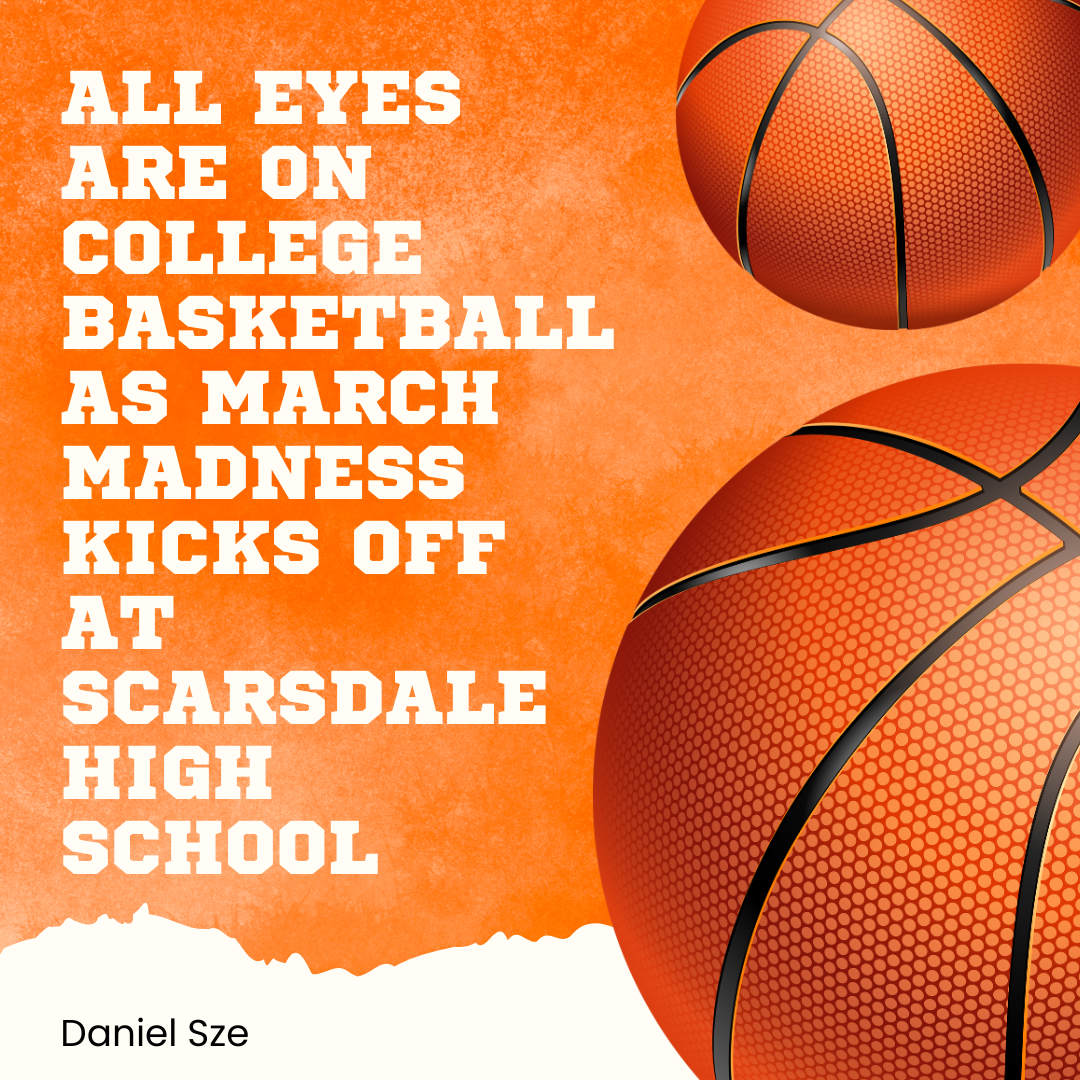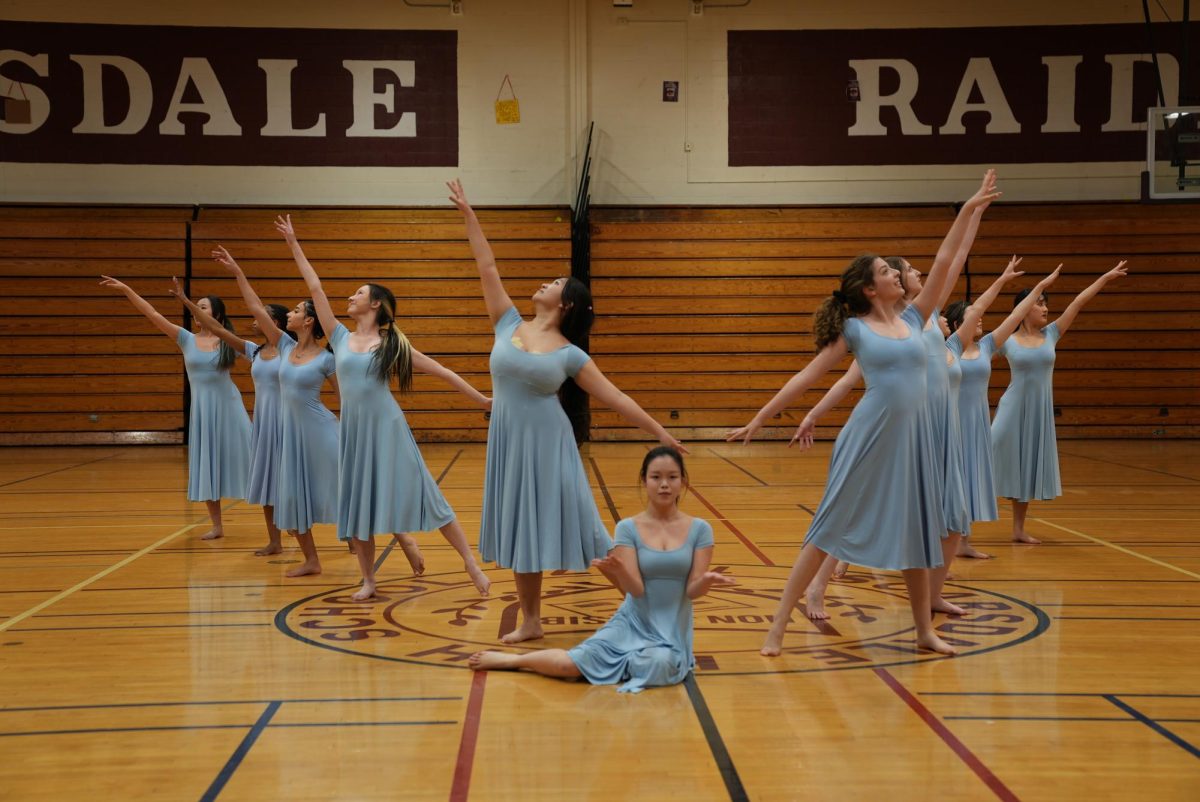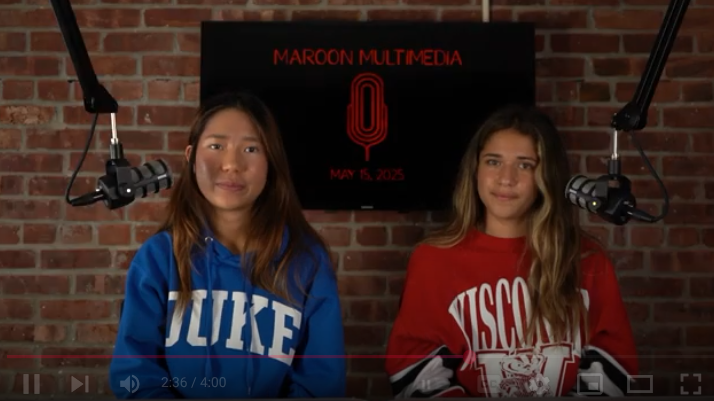Dr. Ford’s Testimony: How do Our Actions as Teenagers Come Back to Haunt Us?
October 22, 2018
The entire world watched Dr. Christine Blasey Ford as she testified before the Senate Judiciary Committee that she was assaulted by Supreme Court nominee Brett Kavanaugh 36 years ago, when the two were teenagers. Though Ford, a psychology professor, had stated her immense fear of testifying before the nation, she calmly answered every one of the multitude of questions thrown at her, often in extensive detail. She affirmed that she is “100 percent” positive that it was Kavanaugh who assaulted her at a house party in 1982. According to Dr. Ford, Kavanaugh and his friend trapped her in a bedroom and attempted to take her clothes off. She was terrified Kavanaugh was going to rape or even accidentally kill her. Meanwhile, Kavanaugh was outraged and firmly denied the accusations, even exploding in anger and tearing up during his testimony.
Many people throughout the nation, as well as within the Senate, were skeptical about Ford’s intentions, and even went so far as to claim that she was lying and making up the alleged sexual assault. Since her initial action to come forward, however, Ford has made it clear that she was reluctant to speak out about her sexual assault, and that she only did so out of a sense of civic duty.
Many SHS students have expressed opinions on the historic testimonies, especially within history classrooms, where some teachers have sparked thoughtful conversations and even showed Ford’s testimony live during class. While some in SHS believe that there is not sufficient evidence for the alleged sexual assault to prove that Kavanaugh committed the crime, and that he should therefore be confirmed to the Supreme Court, others hold a different view. “When I heard the testimony, my heart shattered. I felt Dr. Ford’s pain. From the second Kavanaugh got nominated, I did my research and was already terrified… His ideologies go against everything this country is supposed to represent,” explained SHS student Dani Paz ’20, who was outspoken about her views against Kavanaugh.
The alleged sexual assault took place in high school, making the hearings especially pertinent to SHS and other high schools across the nation. They raise important questions about how actions committed by teenagers in high school can come back to haunt them decades later. Paz voiced her discontent with the concept of the dress code, which she believes teaches girls that they are seen as “sexual objects and that they need to cover up to not distract their male classmates/teachers.”
“I think that as long as this toxic ideology is still being praised in society that nothing will change. I also think that what students do in high school should haunt them, because every time people say, ‘he was just a kid,’ they don’t realize that so was she, and her childhood is now ruined. Or when they say, ‘it’ll ruin his future.’ What about her life? Her mental health?” Paz said.
Both Ford and Kavanaugh’s testimonies have sparked conflicting opinions throughout the world, and it is likely that the divides ignited by the hearings will only deepen in the coming years. Additionally, the idea of how much the actions of high school students can affect them later in life will undoubtedly continue to be discussed in the future.



